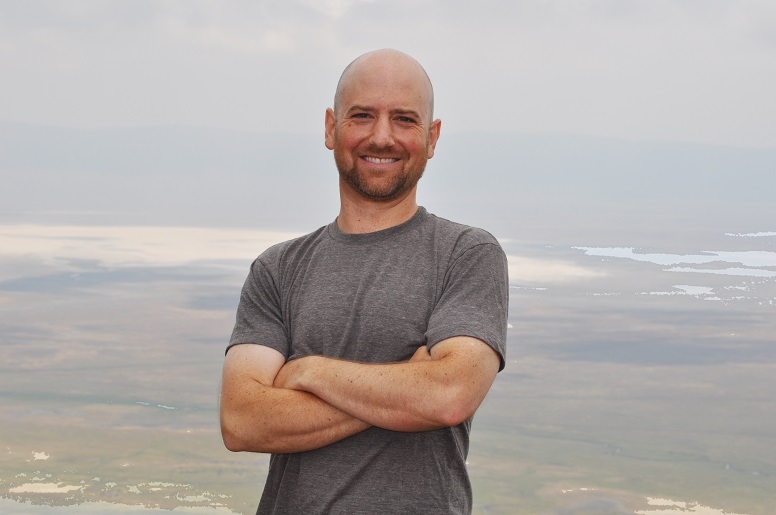Could We Just Get Water from the Sky?
| by Mark C. Anderson
Millions of people worldwide struggle to find safe, clean water. An Institute professor and students are working to change that through research, advocacy and invention.
| by Jason Scorse

In a recent Q&A featured in Foreign Affairs, Jason Scorse brought in his perspective bridging economics and sustainability to share why now is such a critical moment for tackling climate change.
Scorse is program chair for the Environmental Policy and Management program and serves as director of the Center for the Blue Economy.
What are the environmental stakes for the upcoming U.S. presidential election?
For climate and energy, this election is critical. Since the Paris Agreement, there’s been progress internationally on achievable climate targets. Former president Donald Trump pulled us out of the agreement, and President Joe Biden got us back in. He also passed the biggest climate legislation to date.
If Trump gets elected, he will withdraw from Paris again—this time it could stick, plus he has pledged to roll back Biden’s climate policy. The stakes couldn’t be higher.
What are the broader geopolitical dynamics at play?
We’re not talking about just the future; climate change is a current issue. Large swaths of the world are becoming uninhabitable.
Climate is a force multiplier for chaos. For example, we’re seeing the rise of right-wing fascist movements, many fueled by a backlash to immigration. As climate change accelerates, millions more people will be displaced, which will overwhelm a lot of systems and could intensify this trend.
We have many developing nations facing repeated onslaughts of droughts, storms, and excess heat, which threaten to overwhelm these societies and lead to state collapse. Many states in the coming years may simply come apart under the sheer weight of continuous climate emergency.
We are working to reshape our entire energy system with huge geopolitical implications. Right now, most gas and oil profits are fueling petrostates such as Russia, Iran, Saudi Arabia, and Venezuela, many of which are autocracies. Accelerating the transition away from fossil fuel will weaken those states. But in the short term, things could get very volatile.
What makes a difference in addressing climate change?
The two most important things are decarbonizing the energy system and creating a sustainable food system. The biggest barriers to addressing climate change aren’t technological: they are vested interests and inertia. We have a mostly human problem, which is why Middlebury Institute’s environmental master’s program focuses on the social sciences. The innovation is in the implementation.
Our current food system is an inefficient way to produce calories and protein. Feeding plants to animals, then killing them, wastes about 90 percent of the plants’ energy. We could change this with existing knowledge and technology, but how do you convince eight billion people to eat differently or change the incentive structures for farmers and agribusinesses? It’s an incredibly complex, daunting challenge, requiring the kind of skills taught at the Middlebury Institute: intercultural communication, policy analysis and advocacy, strategic communication, planning and management, and coalition building.
How can young professionals make an impact?
There is nothing more consequential right now than working on climate issues.
Do what you do best. There is no silver bullet. We need people with a wide range of skills working across every dimension. With master’s degrees in environmental policy and management, trade, nonproliferation and terrorism, and international development, our students benefit tremendously from a range of expertise and the international orientation of our curriculum and our student body.
You can find our alumni doing everything from making the supply chain more sustainable at Microsoft to setting national and international ocean policy to working on environmental justice at the Environmental Protection Agency to starting their own grassroots environmental organizations.
Center for the Blue Economy
Master of Arts in Environmental Policy and Management
| by Mark C. Anderson
Millions of people worldwide struggle to find safe, clean water. An Institute professor and students are working to change that through research, advocacy and invention.
| by Mark C. Anderson
The current food system is about as bad as it gets, but environmental studies Professor Jason Scorse says individuals looking to make an impact on climate can start with smarter eating.
| by Caitlin Fillmore
As a student, Elle Bent interviewed leading experts and conducted research to contribute to an annual progress report on the Biden Administration’s ocean climate initiatives.